Specialist Doctor 2 Nguyen My Bao Anh, Head of the Examination Department, Nam Sai Gon International General Hospital, said that the consequences of storms and floods do not stop at material damage but can also cause many serious health consequences for people. Environmental pollution, lack of clean water, and lack of food hygiene and safety after floods are the main causes of digestive diseases (diarrhea, dysentery, typhoid fever, etc.), respiratory diseases, urinary tract infections, skin diseases, eye diseases and dengue fever. In addition, in the process of responding to natural disasters, people are also susceptible to trauma, drowning, electric shock and other accidents.
Proactively protecting your health helps prevent infectious diseases that often occur after storms and floods by taking the following preventive measures:
Respiratory tract infection
Cause : After storms and floods, humid air and polluted environments can create conditions for bacteria, viruses and fungi to grow, causing respiratory diseases such as upper respiratory infections, pneumonia, colds and flu. The most vulnerable are often the elderly, children and people with chronic respiratory diseases.
Prevention : Maintain personal hygiene and ensure a well-ventilated, dry living environment. Keep your nose and throat warm, clean your mouth with salt water or antiseptic solution. Wash your hands regularly, wear a mask, cover your mouth when coughing or sneezing, and seek immediate medical attention if you have any unusual respiratory symptoms (fever, cough, difficulty breathing, wheezing, etc.).
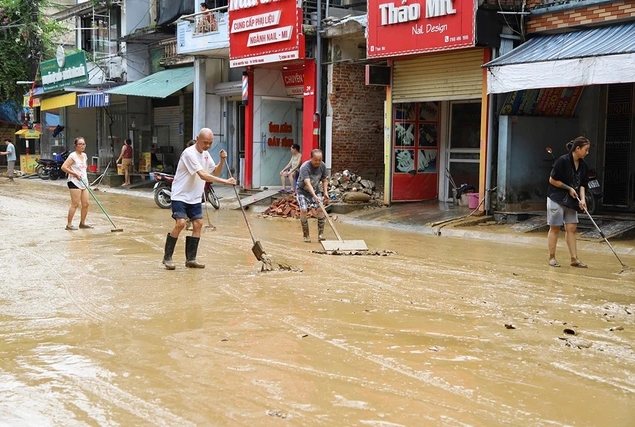
People clean up mud after the flood
Gastrointestinal infections
Cause: Flood water creates favorable conditions for bacteria, viruses and parasites from sewers, feces and waste to grow and spread into the living environment, causing diseases such as diarrhea, cholera, dysentery, typhoid, etc.
Prevention: Drink clean boiled and cooled water, bottled water, use clean food that has been thoroughly cooked, and properly preserve the esophagus. Wash hands frequently with soap and clean water (especially before, during and after preparing food, before eating, after using the toilet, after contact with garbage and waste).
When there are signs of gastrointestinal disease such as abdominal pain, nausea, vomiting, diarrhea, fever... you need to see a medical facility immediately.
Skin infection
Cause: Flood water can carry dirt and bacteria, causing skin infections such as dermatitis, ulcers and eczema.
Prevention: Keep skin clean and dry, avoid direct contact with flood water. Do not wear wet clothes. Avoid wading in stagnant water.
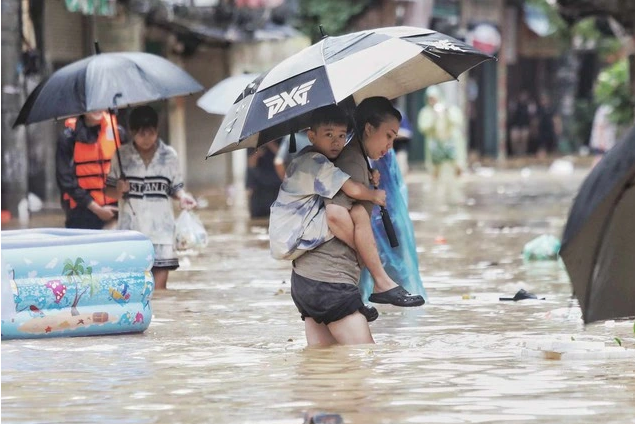
People wade in flood water
Urinary tract infection
Cause: Contaminated flood water can increase the risk of urinary tract infections.
Prevention: Drink enough water (at least 2 liters per day), avoid holding urine and maintain personal hygiene, do not use flood water for bathing. See a medical facility immediately if you have unusual symptoms (fever, painful urination, frequent urination, cloudy urine, blood in the urine, etc.).
Dengue fever
Cause : Flood water can create conditions for mosquitoes and parasites to develop. Humid, polluted environments and stagnant water are favorable conditions for mosquitoes to develop, so dengue fever is very likely to occur.
Prevention : Use mosquito nets, mosquito repellent and keep the living environment clean.
When people have dengue fever, they need to rest, monitor their temperature, reduce fever with paracetamol when the fever is above 38.5 degrees Celsius, drink enough water and electrolytes, eat soft, easy-to-digest foods. See a medical facility immediately if they have a high fever, abdominal pain, vomiting, fatigue, dizziness, unusual bleeding (bleeding gums, nosebleeds, bloody stools, black stools, blood in urine, subcutaneous bleeding...).
Pink eye
Cause: Pink eye is a common disease in both adults and children, the disease easily breaks out into an epidemic in places where hygiene and clean water are not guaranteed. During the rainy season, humid weather creates conditions for bacteria and viruses to develop, along with the use of contaminated water sources, which are the reasons why the number of people with pink eye increases after the rainy season.
Prevention: Clean eyes with sterile saline. Do not wash face or bathe with dirty water. Do not let children bathe or play with dirty water, do not put hands on face, especially eyes, nose, mouth.
Injuries from falls
Consider using a walking stick for support when moving. Muddy surfaces can be very slippery and lead to falls, which can cause injury.
If you have any cuts, scrapes or other injuries, wash them with clean water and treat them at home. Seek medical attention if the wound is deep, red or painful.
Notes to prevent disease after flood season
Doctor Bao Anh recommends the following measures to prevent disease after the storm and flood season:
- Maintain personal and environmental hygiene, wash hands regularly with soap and clean water.
- Clean the house, remove trash and wet items, and remove stagnant water.
- Use clean water.
- Drink only water that has been boiled or treated in a safe way.
- Ensure food safety.
- Cook food thoroughly and store food properly to avoid contamination.
- Health Tracking
- Watch for unusual symptoms such as fever, diarrhea, cough or difficulty breathing. If any signs appear, go to a medical facility immediately for timely examination and treatment.
- Get vaccinated. Make sure you have all the necessary vaccines to protect you against infectious diseases.
Source: https://thanhnien.vn/phong-benh-sau-mua-lu-nhung-benh-truyen-nhiem-va-chan-thuong-thuong-gap-185240914155419482.htm


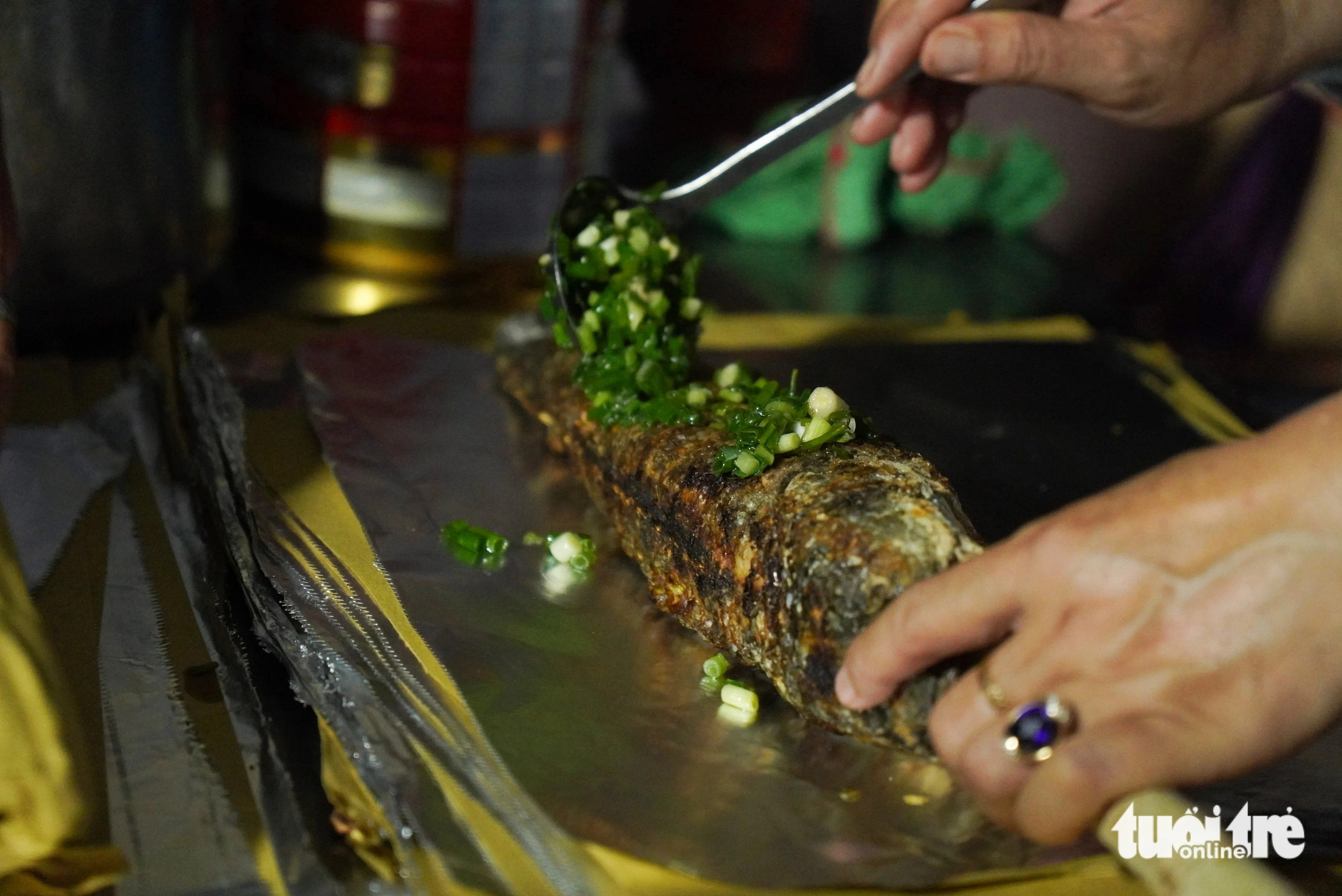




























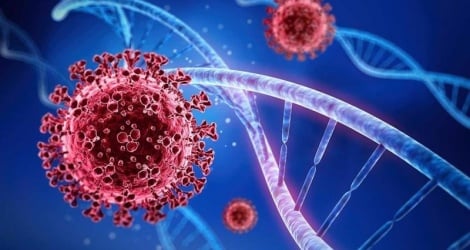



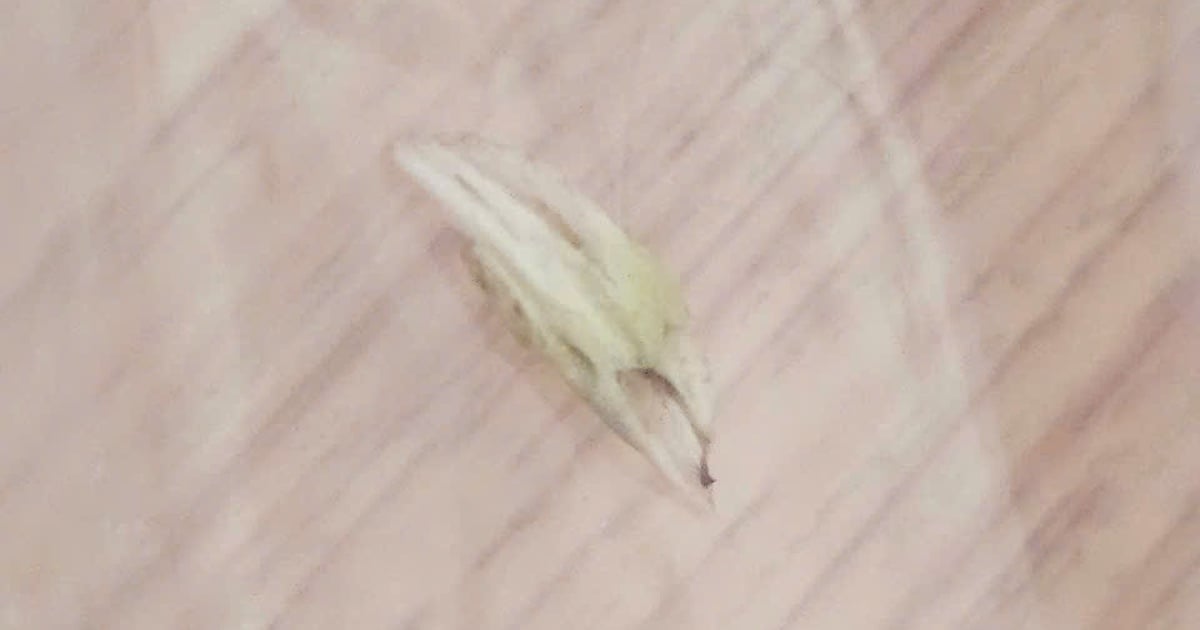






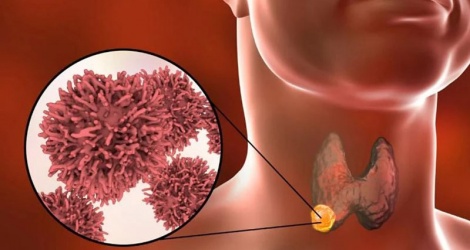


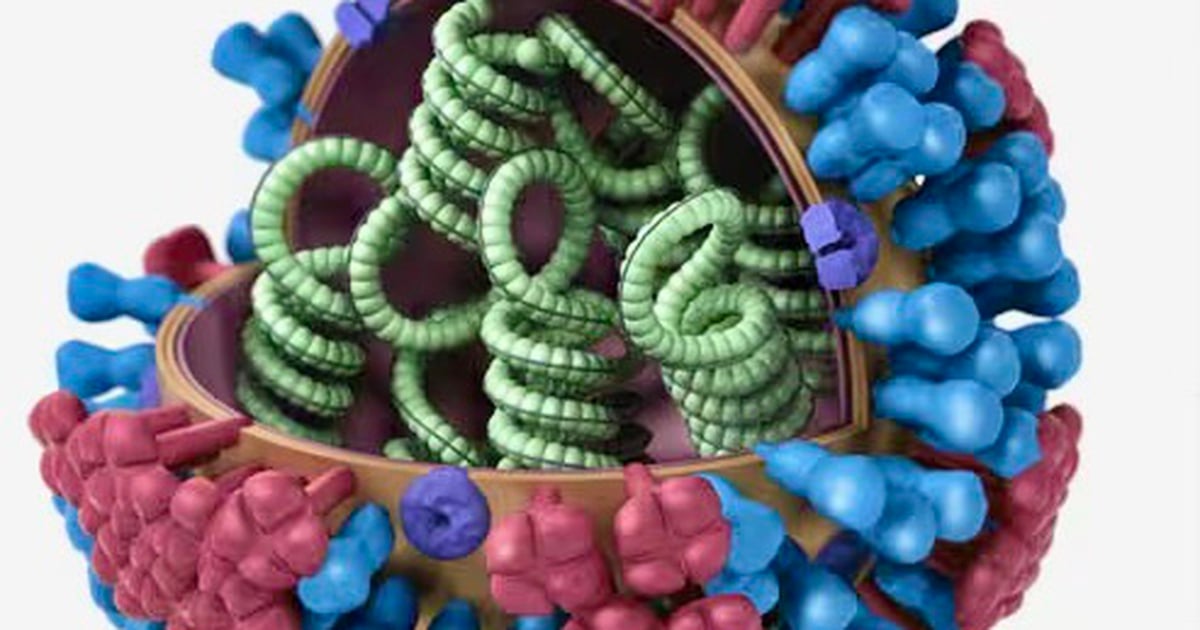

















Comment (0)